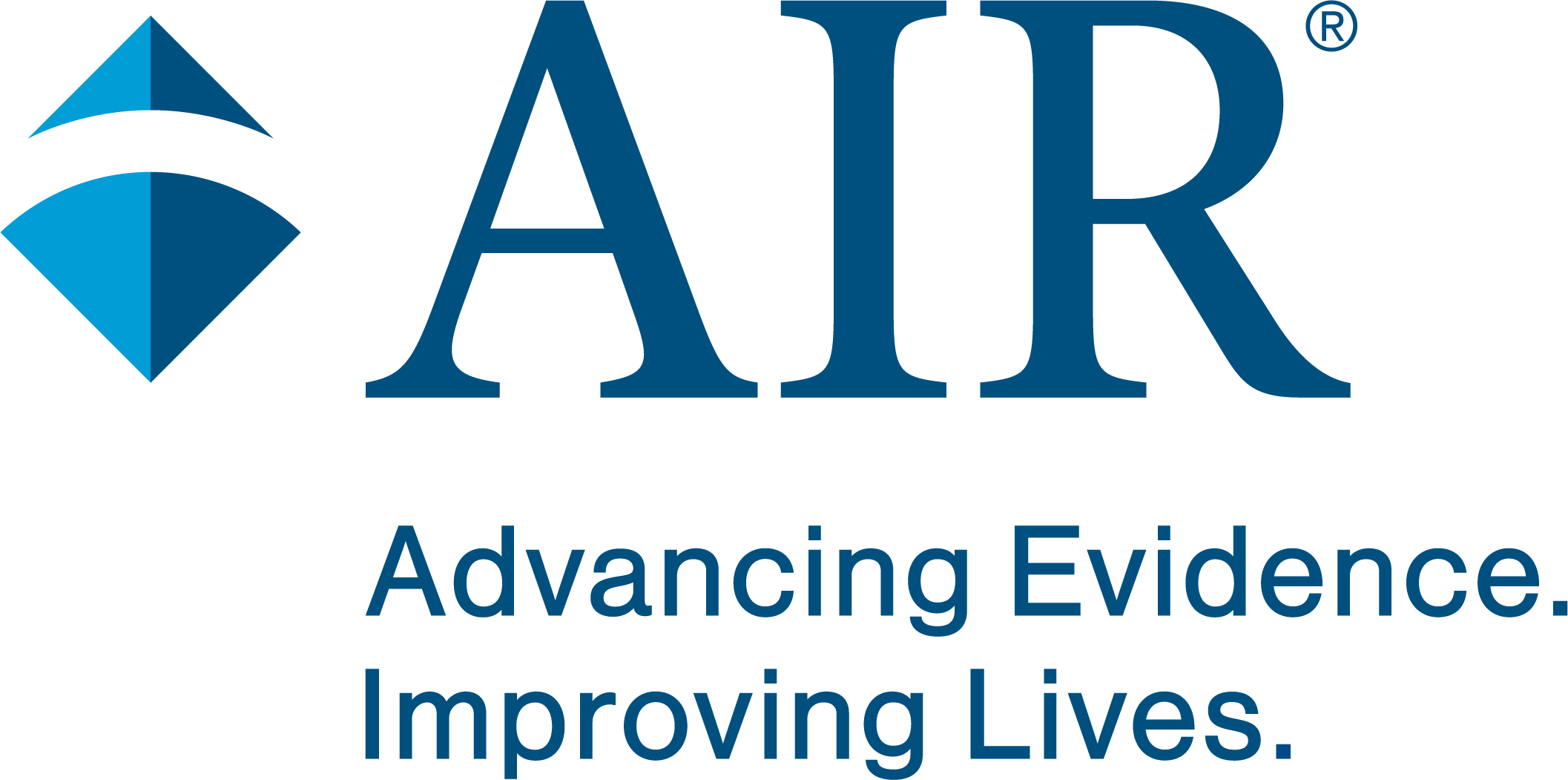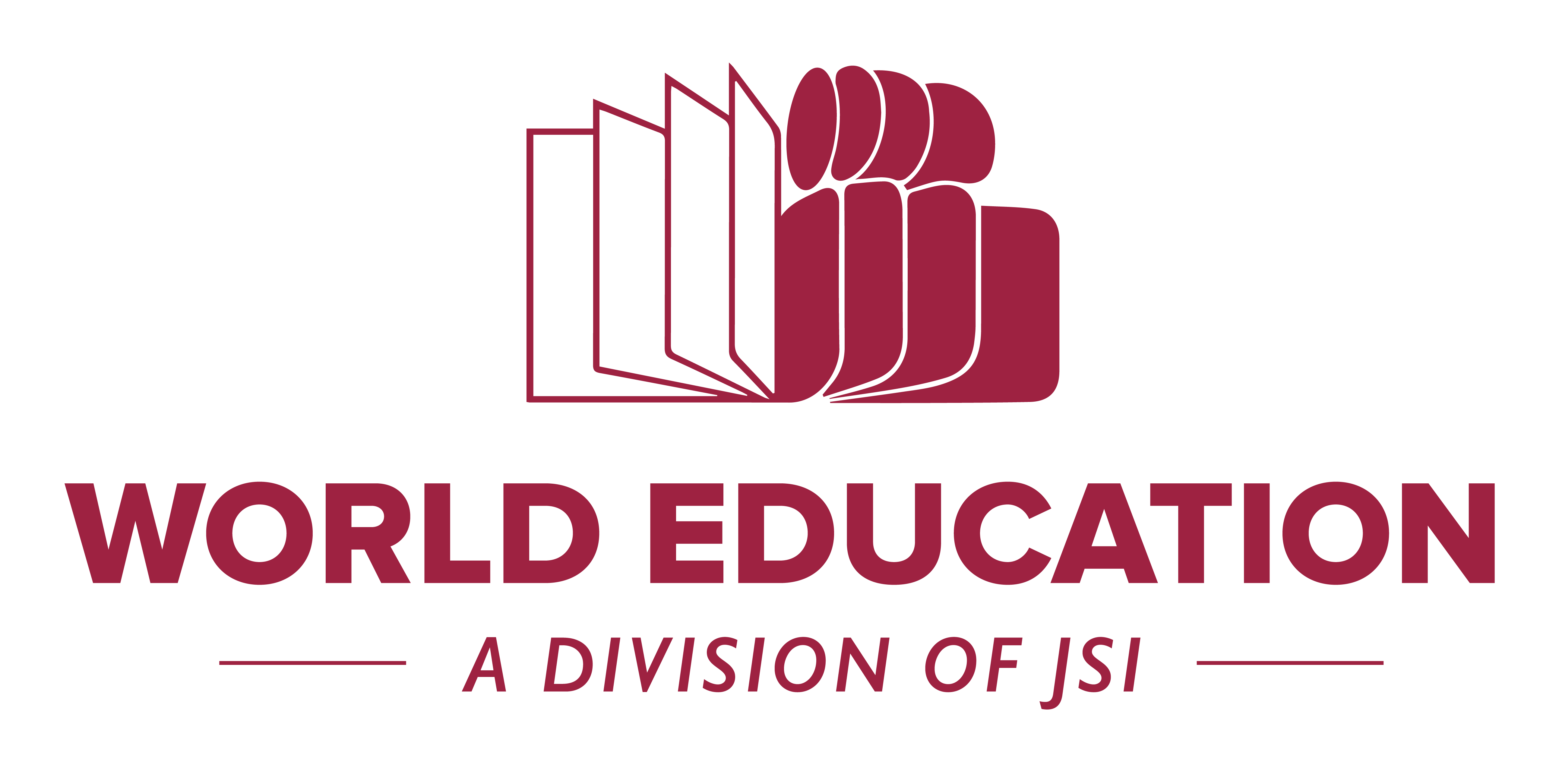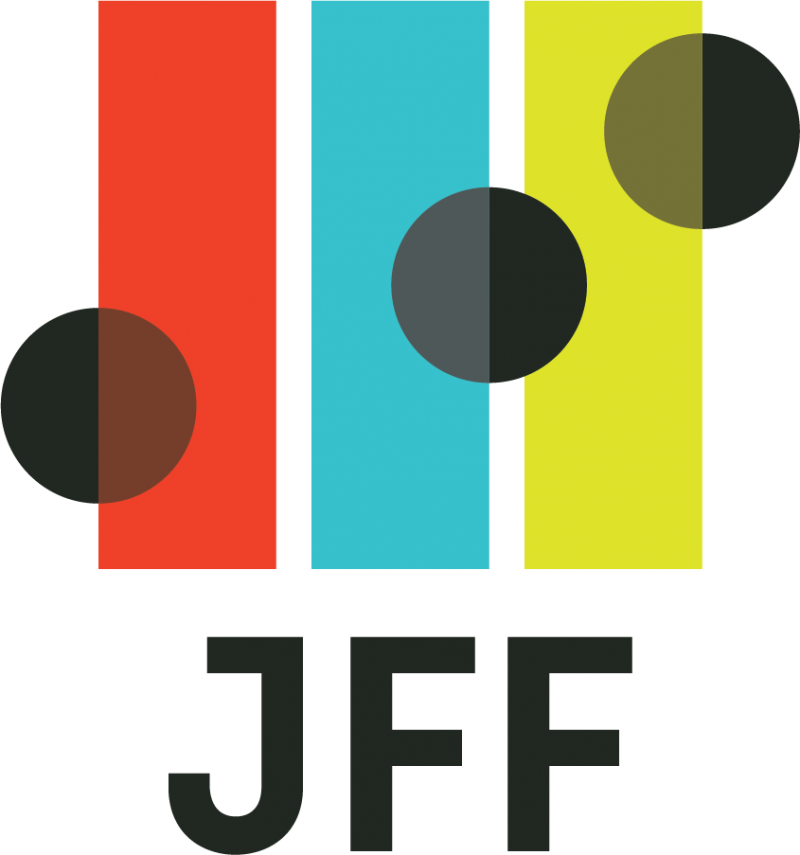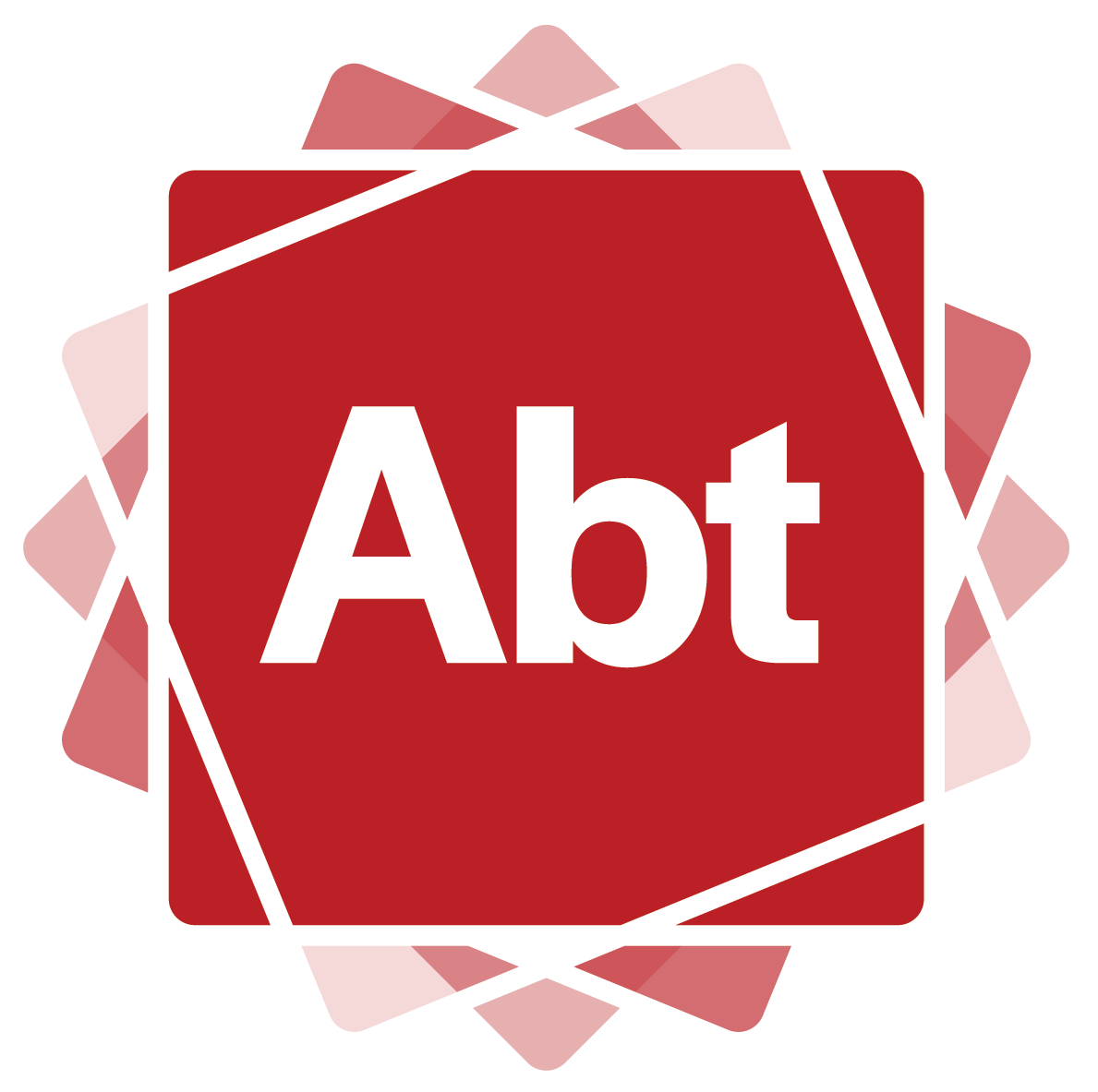Posted on
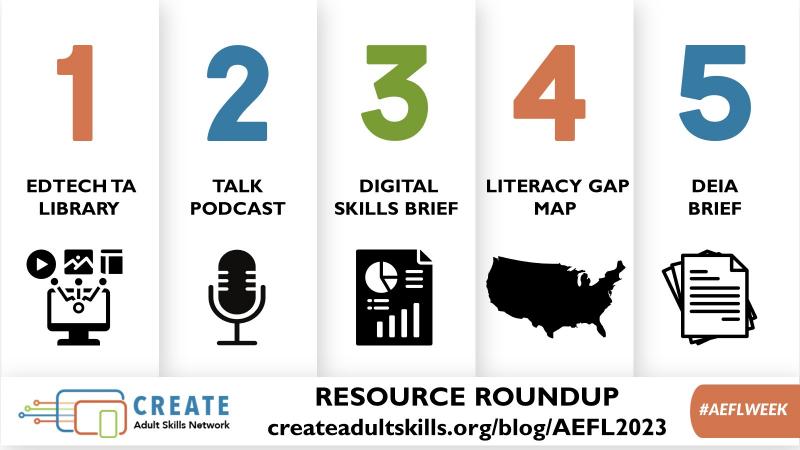
For AEFL Week 2023, we shared out our top five adult education and family literacy resources. AEFL Week is a national collaboration between families, educators, legislators, and community partners to promote adult literacy. Each of our selected resources supports adult literacy through various means, from technical assistance and resources for educators to an interactive tool for all community stakeholders. We encourage you to investigate and use these tools to support adult literacy work.
- EDTECH TA LIBRARY
The Edtech Technical Assistance (TA) Library provides guidance to practitioners and adult education leaders integrating or advancing instruction through edtech and other technology. Resources include frameworks, webinars highlighting promising resources and strategies, technology adoption checklists, and technology enhanced lesson plans and guidance.
- TALK PODCAST
The TALK (Technology in Adult Learning Knowledge-Building) Podcast highlights the latest news, innovative research, and best practices in technology-enabled instruction for adult learners. Listen as experts in the field discuss ways they’re using technology to support adult teaching and learning.
- DIGITAL SKILLS BRIEF
CREATE research teams are developing tools and curricula to help adult learners build digital skills. This Network Brief introduces several widely used and relevant digital literacy frameworks and assessment strategies used in adult education as a response to gain a better understanding of the digital skills learners need.
- LITERACY GAP MAP
130 million Americans—54% of adults between the ages of 16-74—lack proficiency in literacy, essentially reading below the equivalent of a 6th grade level. The Barbara Bush Foundation’s Literacy Gap Map is an interactive map which allows users to identify the intersection between language, health, economic status, and other demographics and literacy.
- DEIA BRIEF
The need to focus on issues of diversity, equity, inclusion, and accessibility (DEIA) is crucial. As in all areas of education, these concepts help shape adult foundational education (AFE). This brief sheds light on DEIA conditions, opportunities, and challenges as they manifest in AFE, whether in foundational skills programming, English language instruction, family literacy, or high school diploma/equivalent preparation.



